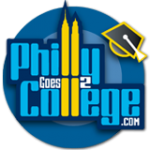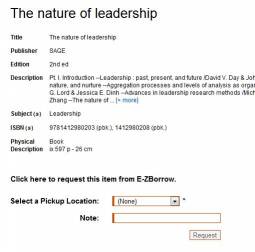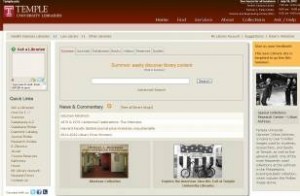Hard to believe it but it’s already time for Welcome Week at Temple University. Temple University Libraries is ready! We’re looking forward to welcoming the Class of 2016 to the campus and our Libraries. We’ll have our table at TuFEST which is a great opportunity to pick up some information about the Libraries and all the services and resources we offer to Temple students. – and meet our staff.
The high point of Welcome Week for us is ceLIBration.. What is ceLIBration? It’s two-hours of music, games, activities, and free food that celebrates the arrival of our new class of freshmen. Did we mention FREE FOOD. We’re also having a scavenger hunt that offers some pretty good prizes – and there are raffles.
WHEN: Friday, August 24
TIME: 2:00 pm to 4:00 pm
WHERE: Paley Library, Main Level, East Side

Come to Paley Library for ceLIBration.
We hope you’ll join us for ceLIBration. You’ll be coming through Paley eventually. You might as well get started with ceLIBration.






